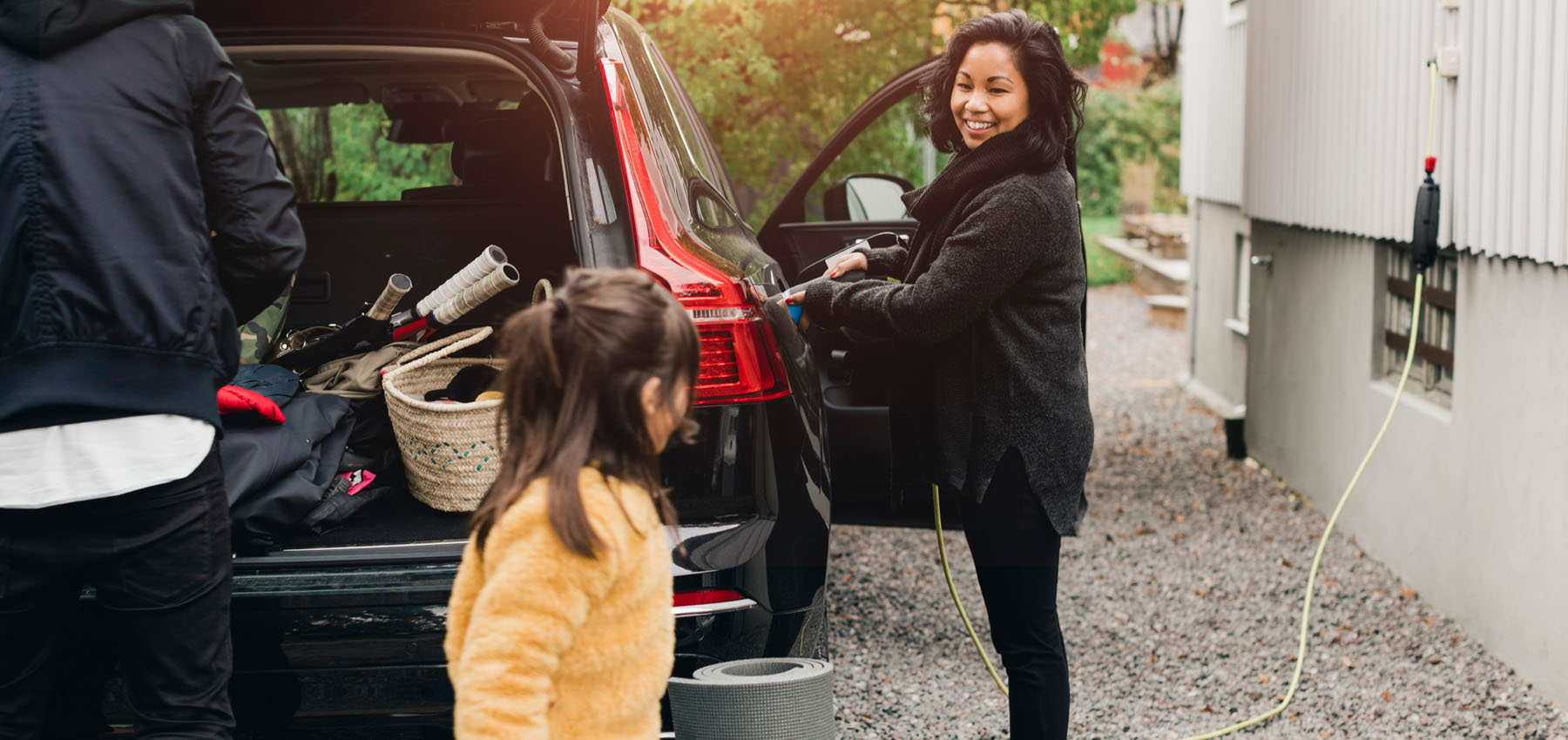Purchasing your first home is a big step, so it’s important to learn as much as possible about homeownership before you start your search. There are numerous advantages to owning a property, but there are also many responsibilities and extra costs that come with the purchase. Here’s a breakdown of the pros and cons of homeownership to help you decide whether it’s the right choice for you.
In this article:
Pros of homeownership
Earning equity
Purchasing real estate can be an excellent investment. While homes can occasionally lose value in the short term, it’s rare for them to not gain value in the long term. The goal of building equity is to eventually sell your home for more than you bought it for, or more than you owe on your mortgage.
The profits can then be used to upgrade to a newer or larger home, pay off other debts, or fund your retirement. You can actively build equity by making strategic upgrades to your home to increase its value. Common upgrades include finishing basements, upgrading kitchens and bathrooms, and sometimes even adding a swimming pool.
Greater sense of security
While renting provides more flexibility, homeownership provides a greater sense of security. There’s no landlord who might suddenly decide to sell your living space or undergo renovations. When you own a home, only you control how long you stay.
Personalizing your space
When you own a property you can make larger and more permanent changes to personalize your living space. You no longer have to worry about leaving holes in walls, repainting when you leave, or getting a landlord’s permission to renovate. Whether you want to hang art, paint your bedroom bright blue, or knock down a wall for an open kitchen, the choice is yours! (Although condo owners may still need to get permission from their condo board for certain structural or plumbing renos).
When you own, you can adapt your home to your changing life circumstances. If you suddenly find yourself working from home, you can create a den. If your family grows, you can add more kid-friendly features or even extra bedrooms. You may also feel more comfortable investing in higher-quality furniture and finishings knowing that you won’t have to unexpectedly move out.
Cons of homeownership
Closing costs
In addition to the final sale price of your home, you’ll be responsible for closing costs including land transfer fees, appraisal fees, lawyer fees, home inspection fees, and property survey fees. While these costs can vary, a safe estimate is to set aside five per cent of your home’s purchase price to pay them.
Routine extra costs
While renters can simply hand over a monthly cheque, homeowners are on the hook for all sorts of routine extra costs in addition to their monthly mortgage, including property taxes, condo fees, unexpected repair costs, insurance fees, and more. It’s important to realize the cost of homeownership is much greater than just the official sale price.
Before you make a purchase, be sure to research taxes and insurance costs in your area. Also ask your home inspector about any major elements, such as roofing or windows, that may need to be replaced in the near future.
Front and backyard maintenance
When you own a property, you’re responsible for all of its maintenance– indoors and outdoors. Keeping front and backyards in good shape is a big job, from mowing the lawn to raking leaves, clearing ice and snow, and controlling weeds. You’ll also be responsible for any trees on your property, even if they hang over others’ yards.
Homeowners either need to commit time and effort to keep up with these chores or pay someone else to do them. Also note that certain outdoor amenities, such as large lawns, gazebos, and swimming pools, come with higher maintenance costs.
Seasonal maintenance
You’ll be responsible for all seasonal maintenance of your home, which can be quite time consuming and/or costly. For example, you’ll need to routinely test fire alarms and carbon monoxide detectors, inspect electrical cords for wear, check the water softener and replenish salt if necessary, repair any roof shingles damaged by storms, clear the eavestroughs, clean the furnace filter, touch up old paint, and more.
You’ll also need to routinely maintain and service major appliances like dishwashers, laundry machines, ovens, and refrigerators.
There are many things to think about before jumping into homeownership. While there are certainly many advantages to owning your own space, it’s not necessarily the right model for everyone. It’s important to weigh the advantages and responsibilities of homeownership in order to decide what’s right for you. Speak with an RBC advisor to learn how to build a strong financial foundation to support your homeownership goals and use Houseful to browse home listings in your area.




